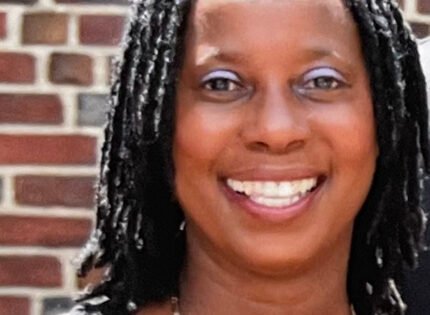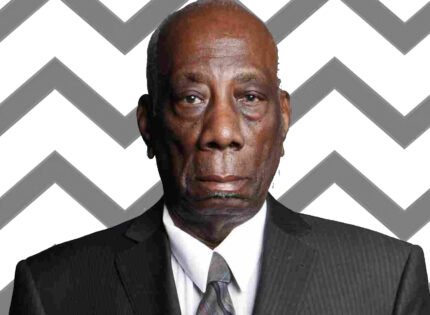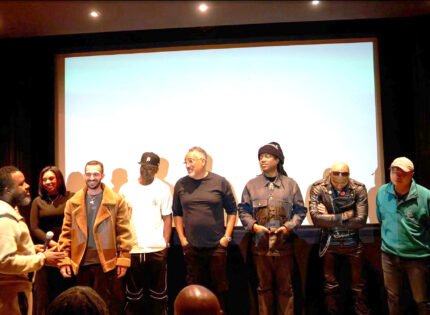Race-based data collection will expose evidence of systemic racism
among those who have never had to account for their actions.
There’re strains in relationships between police and Black communities in probably every major city across Canada, make that across North America. And ever so often they are brought to light by outcries from victims who have been brutalized or have had their rights trampled upon by over-zealous officers.
Sadly, for decades these abuses of police authority have been allowed to fester with almost impunity as very few if any intransigent officers are held accountable for their actions in spite of the implications or the impact on the lives of their victims.
How many Black men in particular have lost their lives, been scarred or needlessly imprisoned.
And how many feet have pounded pavements and voices raised in protest in cities across Canada and the US.
Nothing has been able to dent the impenetrable and protective barricades erected by police departments, unions, politicians and justice systems to shield officers from the consequences of their actions.
And with that level of unconditional support, some officers have gone wild.
In Canada, a decade of reports and studies commissioned by various government departments and other public institutions highlight the extent of the problem.
Police have killed an estimated 460 civilians since 2,000, an estimated 10 per cent of whom are Blacks who make up around four per cent of the Canadian population.
Just as disconcerting are the constant encroachments police make on the lives of Blacks and other minority groups. A 2017 report showed that in the Greater Toronto Area 79 percent of Black men between the ages of 24 and 44 say they were stopped by police.
In Halifax, a report released not very long ago shows that Blacks who make up about 3.5 per cent of the city’s population were 11 times more likely to be stopped than their white counterparts.
Of course, it all lead to rampant criminalization.
As a result, 30 percent of Black men in Halifax have been charged with a crime, compared to about 6 per cent of white men in that city.
It’s just as bad in Montreal where a recent municipal government commissioned report showed that Blacks have also been disproportionately targeted for police stops and intimidation, four more than white Monrealers.
It’s against this backdrop of racial bias, abuse and distrust that one or two police departments are being forced to look inwards as a way to bring an end to this continuing ostracization of Blacks and other minority groups.
On November 29, Halifax Regional Police Chief Dan Kinsella took the first step in healing the wound inflicted by the corrosive relationship with the police, when he issued a public apology to the Black community for years of institutional racism, discrimination, arbitrary street checks and mistreatment.
“On behalf of the Halifax Regional Police, I am sorry. I am sorry for our actions that caused you pain,” he was quoted as saying.
And he went on list a number of corrective measures he hopes will reduce racial bias, including setting up an advisory committee with heavy community involvement to help him oversee initiatives to improve education and training of officers.
He also prioritized recruiting more Black police officers and civilian staff as well as more outreach initiatives with Black youth.
And promised to personally handle cases of racial bias in policing.
The Halifax apology follows a major shift in Toronto, where that city police department, Canada’s largest, began making concrete moves to eliminate systemic racism by instituting a new policy that will direct officers to start tracking and reporting the races of people involved in certain encounters with police.
The policy will demand that, whenever an officer uses force or a display of force (like pulling their gun) in an interaction with the public, he or she will be forced to fill out a form that indicates what they believe the race of the person to be.
Race-based data collection has been a key recommendation of the Ontario Human Rights Commission following a 2018 report on race and policing which found a Black person in Toronto was nearly 20 times more likely to be shot and killed by police than a white person.
And it’s all that advocates here in Montreal have been calling for over the past several years to deal with the scourge of racial profiling in the city. A call that echoes way beyond community groups and victims.
In September 2017, a body made up of city and borough councillors from Montreal and demerged cities, the Social Development and Diversity and Public Security commission, urged that the municipal government City of Montreal to “recognize that the problems posed by racial and social profiling persist” and to pursue its fight against racial and social profiling “because these behaviours are neither normal nor tolerable in its public service.”
And it recommended the creation of a public database by 2018 to keep track of the “perceived and presumed” racial and social affiliation of people who are the focus of police interventions.
Given what we know, the authorities have good reasons to be reluctant to institute race-based data collection policies because they will surely expose the malignancy to be more than just “individual biases by some police officers,” as put forwarded by Chief Sylvain Caron and show it for what it really is: systemic racism in a department that have never had to account action for its actions.
Egbert Gaye.
















